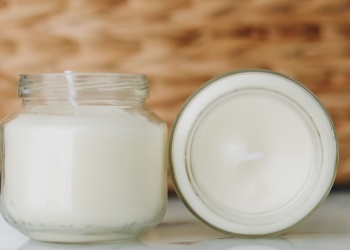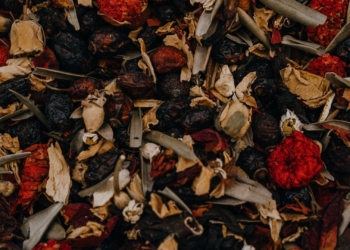People these days are getting impressed with the vegan diet. A vegan diet is the one that excludes meat, fish, poultry, eggs, and dairy products. It is a plant-based diet, moreover, vegan food is believed to do wonders for your health and body. To get faster results people try to follow the vegan lifestyle strictly. Though the vegan food list can be healthy, it has many risks associated with it.
Here are a few must-consider facts for you:
- It is not easy to change your eating pattern overnight and get positive results.
- Things or such diets even take time to actually work on your body.
- You will first have to ensure that a plant-based diet or vegan diet is suiting your body or not. It is after that you can opt for it for the actual vegan diet benefits in the long run.
Any diet followed for the sake of instant results can cause trouble and hence, can cause some serious health issues in the long run. Believe it or not, diets if not taken with immense care, can have drawbacks that might be permanent for your body. And hence, before you opt to go vegan or follow a particular vegan food list, ensure consulting a professional.
Before you only think of the benefits a vegan lifestyle can give you, you must understand that there are some downsides too. In this blog, we are taking you through the disadvantages of veganism to your overall body. These will further help you understand the proper nutrition care while following a vegan diet:
1. Vegan Diet promotes Weight Loss but can go the Other Way Around
When following the Vegan diet, weight loss is evident, especially in the beginning. People follow the vegan diet for immediate weight loss as it is much lower in calories than even a vegetarian diet. According to a dietician and nutrition lecturer at the University of Massachusetts, “It is a definite positive that attracts many people to veganism because, in addition to knocking out the meat, you are also knocking out fat dairy products.”
Of course, the vegan diet contributes to weight loss as vegetables, fruits, and grains have much lower fat content than meat and dairy products. But, following the vegan lifestyle strictly could backfire as well. However, for first-timers, bringing an overnight radical change to our body is not wise at all.
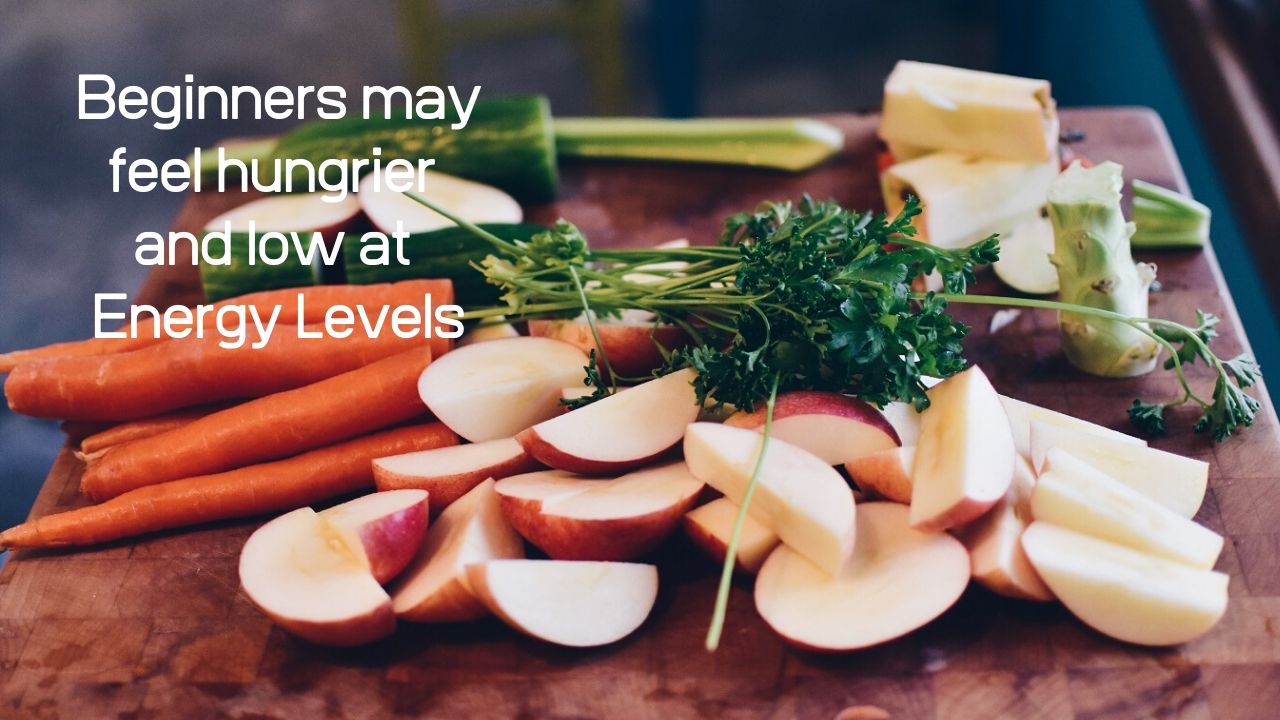
Moreover, it’s certainly not the thing that is even advised at all by any professional. First-timers may feel hungrier than usual for the diet is very restrictive. Ultimately, they may end up consuming food rich in carbohydrates, sugar, and fats. Further, this may lead to a sudden increase in weight.
2. Vegan Diet reduces Illness Risk but Lacks Vital Nutrients
Undoubtedly, the vegan diet reduces the risks of major diseases like hypertension, diabetes, and cardiovascular diseases. This plant-based diet is less prone to obesity, maintains lower blood pressure and lower cholesterol levels as it is low in saturated fats. This can even reduce the risk of a certain kind of cancer.
On the other hand, withdrawing consumption of all animal products leads to nutritional drawbacks. A vegan diet lacks key nutrients present in meat and dairy like calcium, omega-3 fatty acids, and folate. This inadequate consumption may invite problems like loss of bone and muscle mass, etc. Without proper intake of the right amount of nutrients, you may feel fatigued, constipation, and lack of appetite.
3. Vegan Diet causes Vitamin-B12 Deficiency
It is very difficult to get the proper amount of vitamin B-12 from fruits and vegetables only. In a strict vegan diet, if you are not getting an adequate amount of B-12, it can create many complications for your body. It can even affect the smooth functioning of the central nervous system.
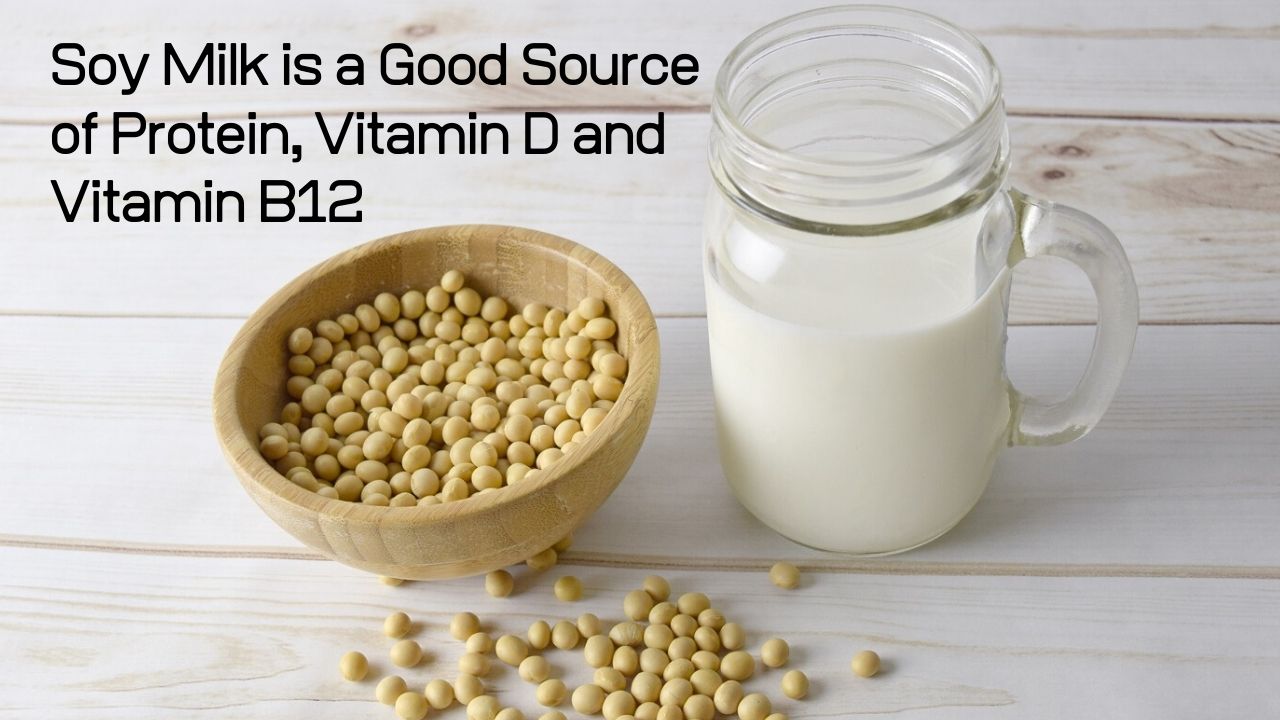
Vitamin B-12 deficiency symptoms include weight loss, weakness, appetite loss, and anemia. It includes some neurological symptoms as well like, numbness, balance problems, and dementia. Hence, when the following veganism, b12 foods vegan sources must include soy products or relevant supplements.
4. Plant Proteins from Pulses only can Bring Uneasiness
Vegan protein sources like pulses act as a staple food in many countries all across the globe. For vegans, pulses are believed to be an appropriate alternative of proteins as they don’t consume meat and other dairy products. Animal products are a complete package of all the essential amino acids required by our body.
On the contrary, Vegan protein sources like pulses include dried peas, kidney beans, chickpeas, black beans, etc. They are a complete package of plant proteins. Maybe vegans don’t know that consuming only pulses as a source of protein for the body can bring discomfort.
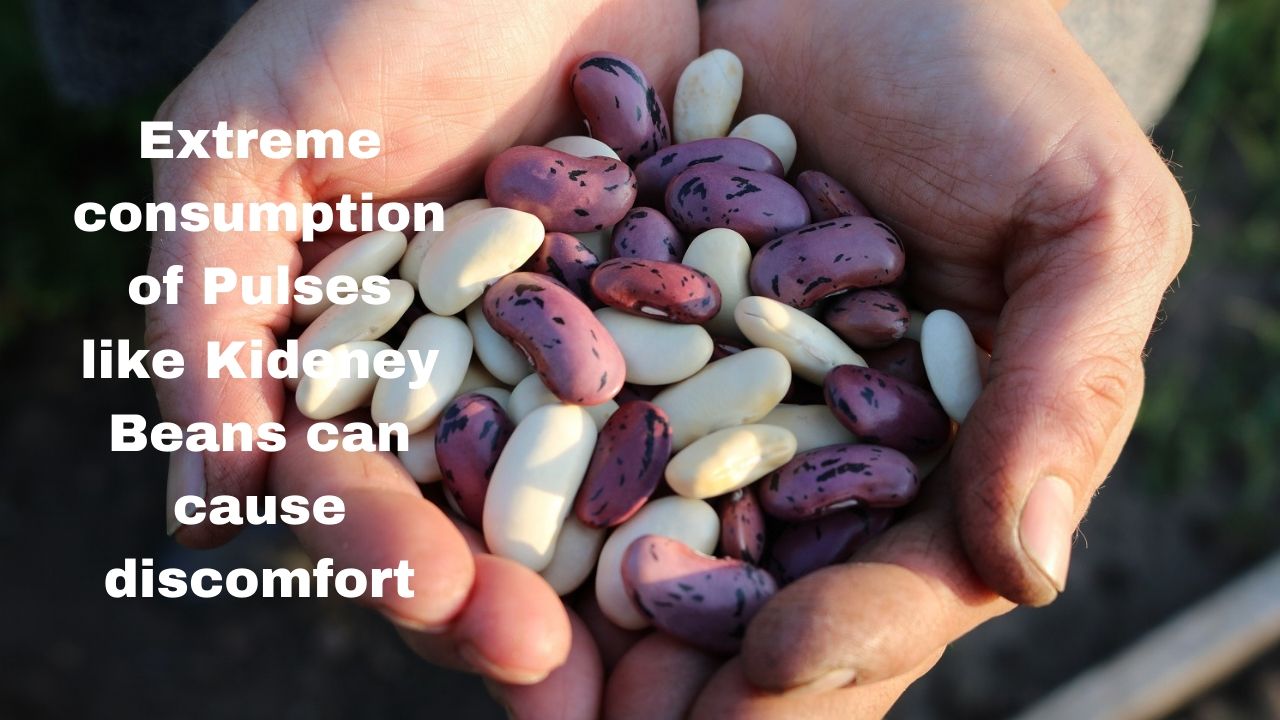
When it comes to digesting most of the legumes, pulses, or other alternative forms of proteins, it can be challenging for your body. You may feel bloated, uncomfortable and uneasy for a long time, which can cause irritation as well.
5. Vegan Diet Requires Keeping a Check on Iron Levels
Iron plays a significant role in the transportation of oxygen in your body. So, it is very important to keep a regular check on iron levels if you are following a vegan diet strictly. There are two types of iron- heme iron and non-heme iron. Heme iron is found only in animal sources. It may be a drawback for vegans to rely only on non-heme iron, which is found in plant sources.
Non-heme iron is not as easily absorbed by the body as heme iron. Additionally, certain plant-based food can further reduce iron absorption. Moreover, this reduced consumption of iron can make you anemic. You may feel weak and drowsy most of the time.
6. Veganism can be Sustainable Environmentally, however, Not Practical for Everyone
Scientists have proved the fact that it requires 100 times more water to produce one pound of animal protein than one pound of plant protein. And hence, veganism is environmentally sustainable and if followed with immense care, a vegan diet can do wonders for your health.
On the contrary, it may be difficult for many to eliminate multiple food groups. People find it difficult to dine out and follow it for the long-term.
Final Words
To sum up, you should seek professional guidance while choosing some principles to fit your lifestyle. Following the vegan diet or lifestyle may or may not fit for overall development. For this, you need a balanced and ideal diet. An ideal diet depends on factors such as age, gender, and personal dietary preferences. And hence, you should make smart and right choices to maintain a healthy body.



